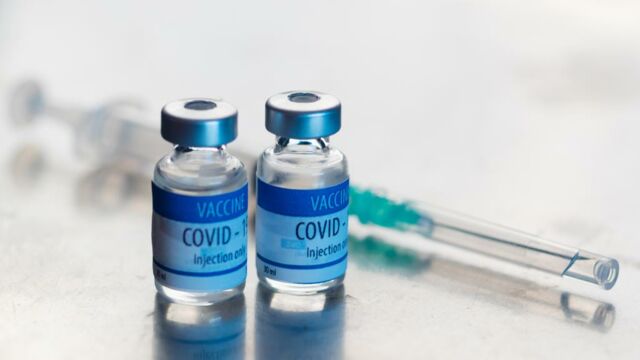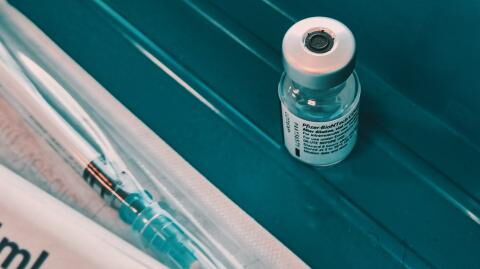Reports show that some teenagers and young adults have suffered from heart inflammation after receiving their COVID-19 vaccine.The CDC is now investigating the claims, but so far, no causal link has been uncovered.
Discover our latest podcast
Heart inflammation in youth could be due to a myriad of factors
A document dating back to the 17th of May showed the CDC’s advisory committee on immunisation practises has been investigating reports that some youth had experienced myocarditis, an inflammation of the heart after receiving their coronavirus vaccines. The cases were mainly among male adolescents and young adults.
Myocarditis usually fades away on its own and is typically caused by many types of viral infections.
CDC monitoring systems did not disclose how many cases of heart inflammation were reported, but they did state that the number was no more than what was expected in the population. Still, CDC advisors felt that healthcare professionals should be aware that heart inflammation could be a ‘potential adverse effect’ of coronavirus vaccines.
Dr Amesh Adalja, the senior scholar at the Johns Hopkins Center for Health Security, revealed that vaccines are known to cause myocarditis, but further investigation is needed to determine any causal links between the condition and coronavirus vaccines:
Vaccines are going to unequivocally be much more beneficial outweighing this very low, if conclusively established, risk.
The CDC explained that most of the cases occurred within four days of receiving an mRNA vaccine. However, which mRNA vaccines were given to myocarditis recipients was not disclosed.
Israel began investigations on the issue last month
In April, Israel’s health ministry claimed to investigate claims of heart inflammation in Pfizer vaccine recipients, but the investigation has not yet reached any conclusions. Most of the cases in Israel were reported among vaccine receivers aged 30 and below.
At the time, Pfizer announced that they had not observed higher numbers of myocarditis in the population than what was generally expected and that no causal link had been established between their coronavirus vaccine and heart inflammation.
Pfizer also told Reuters that the company was in regular contact with Israel over their investigation:
Adverse events are regularly and thoroughly reviewed and we have not observed a higher rate of myocarditis than what would be expected in the general population. A causal link to the vaccine has not been established. There is no evidence at this time to conclude that myocarditis is a risk associated with the use of Pfizer/BNT COVID-19 vaccine.
The CDC reported back in April that they couldn’t find a link between COVID vaccines and myocarditis. CDC Director Rochelle Walensky said in a press statement:
We have not seen a signal and we've actually looked intentionally for the signal in the over 200 million doses we've given.















